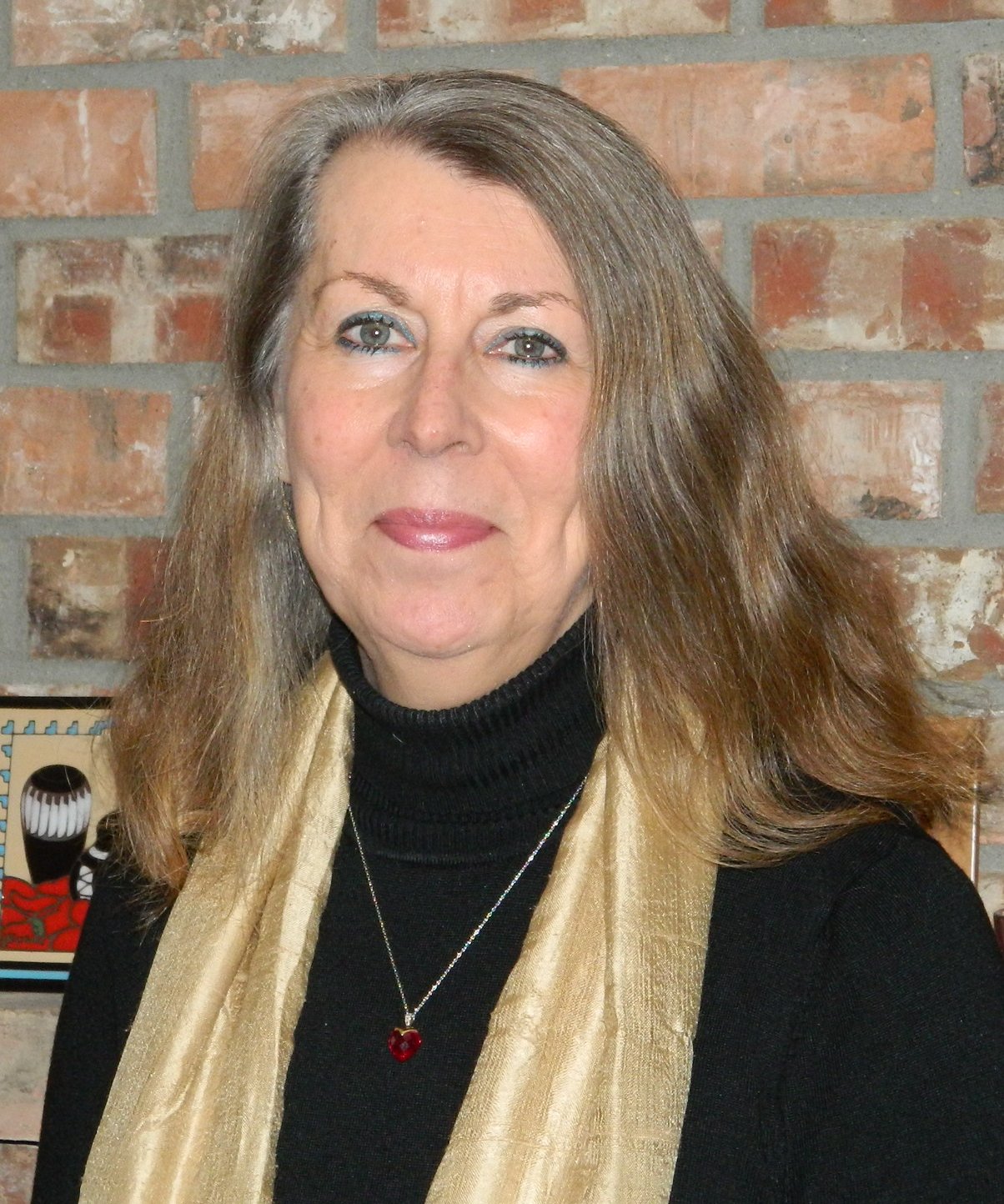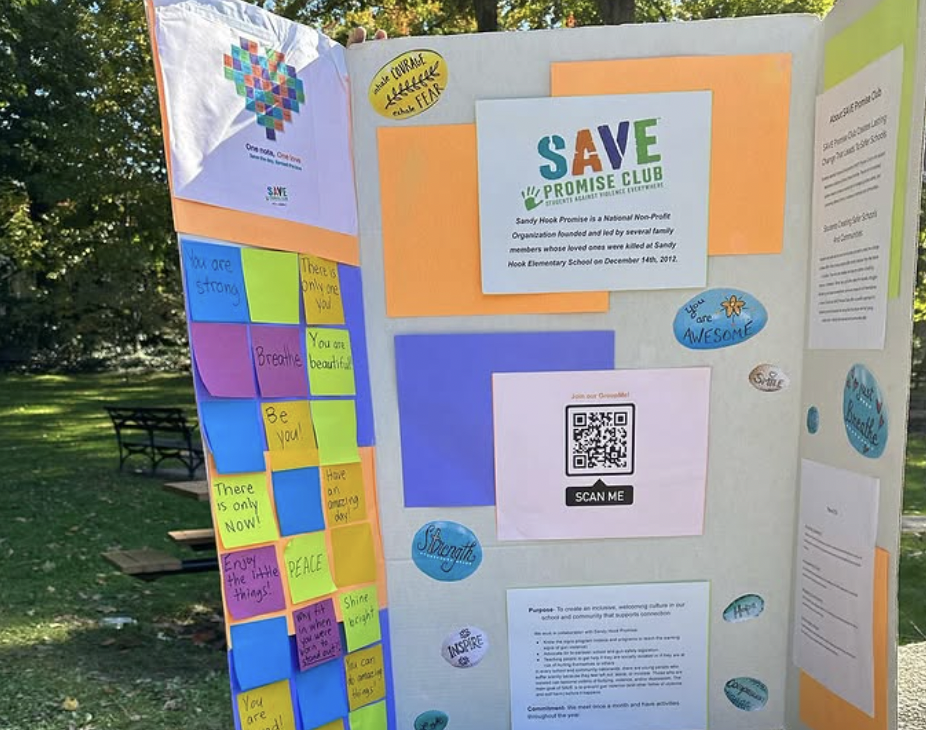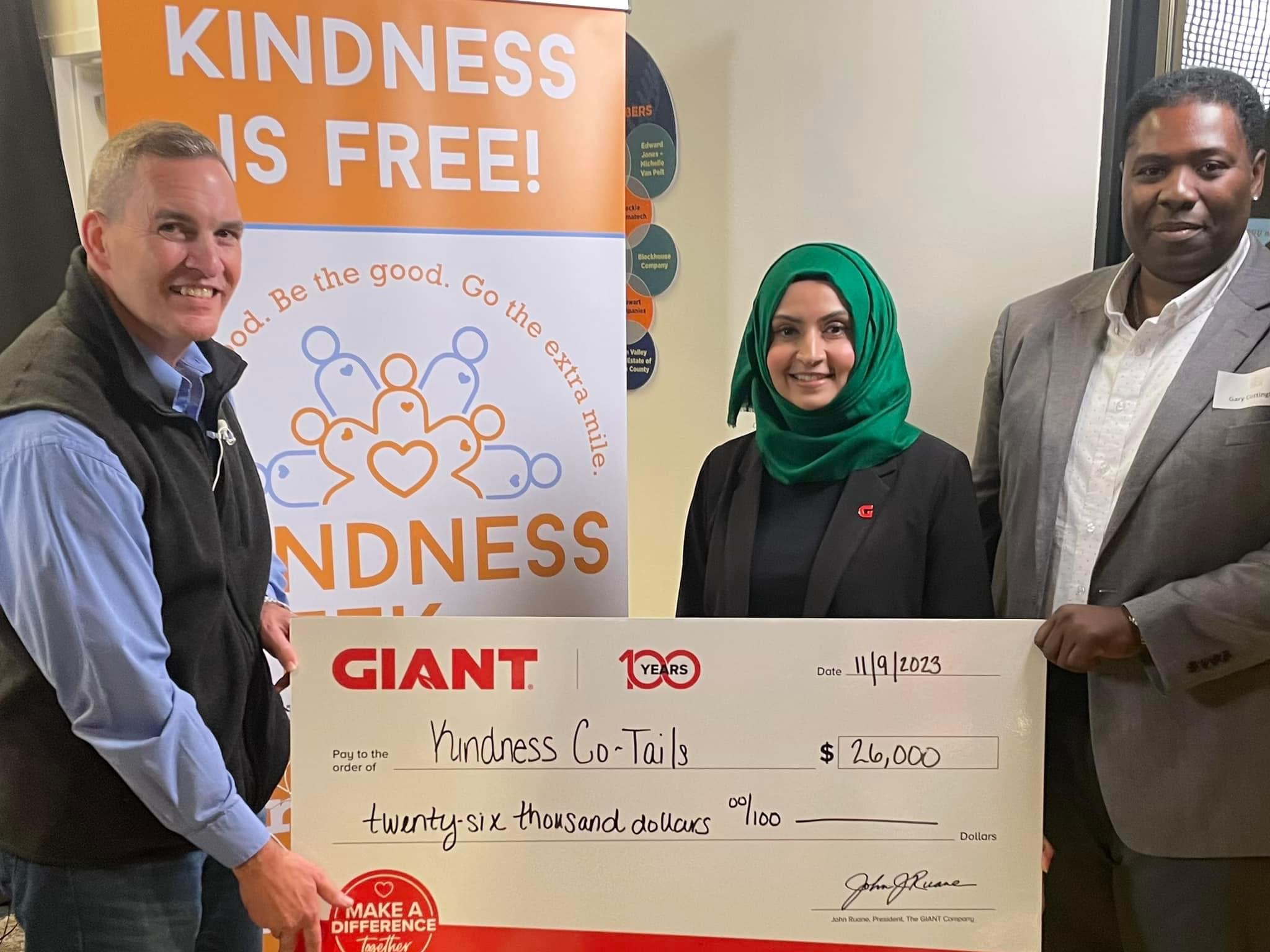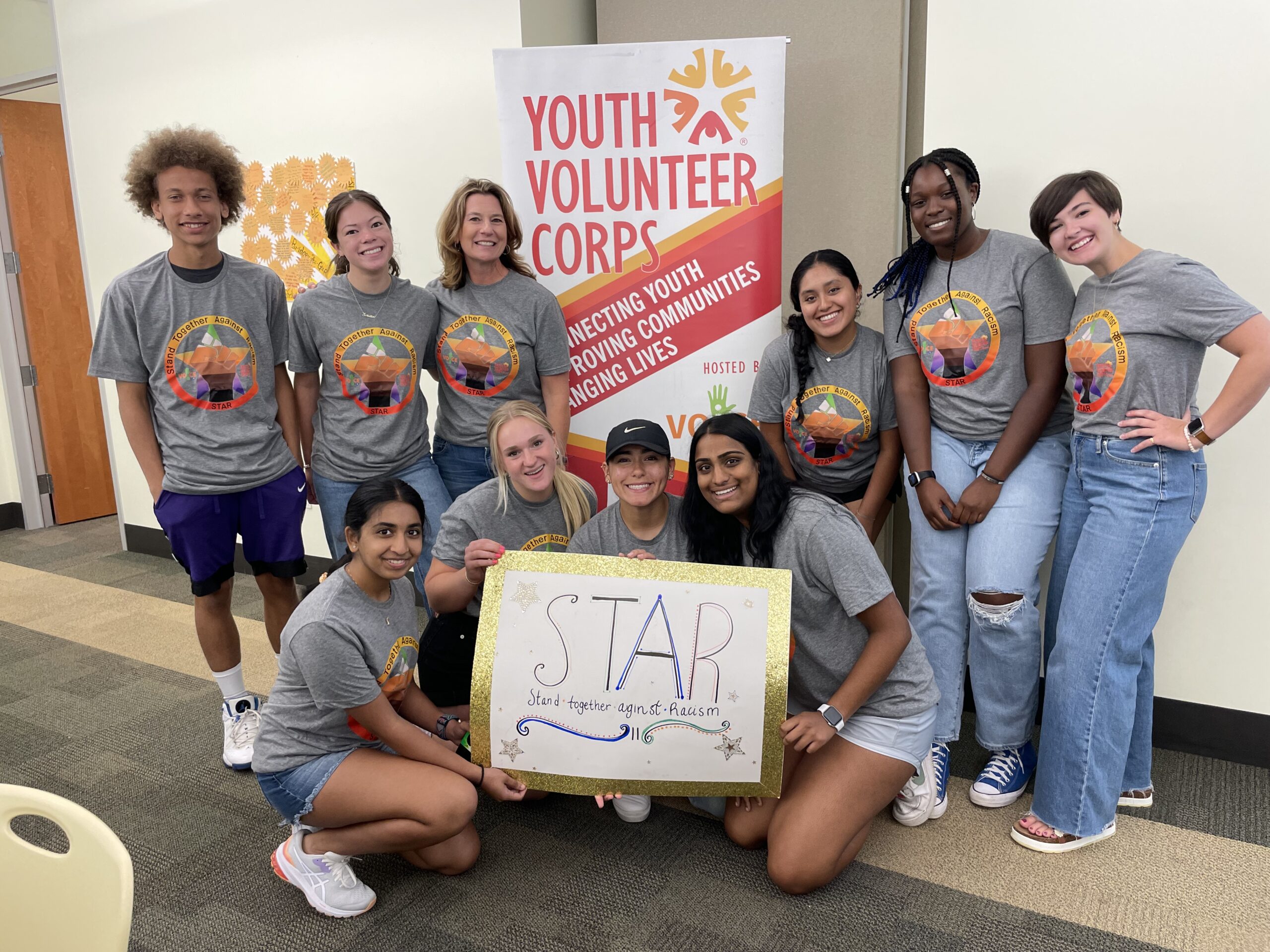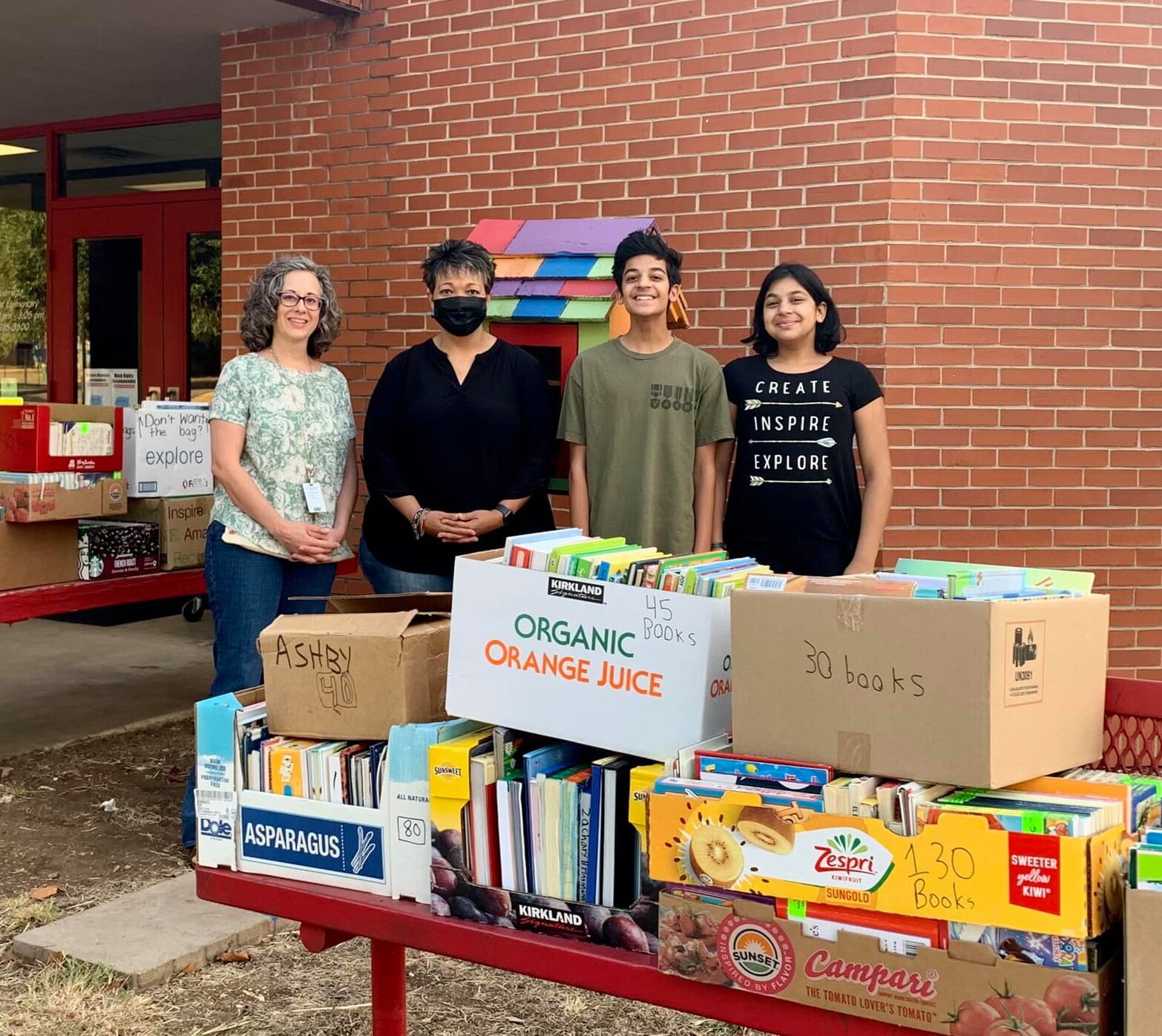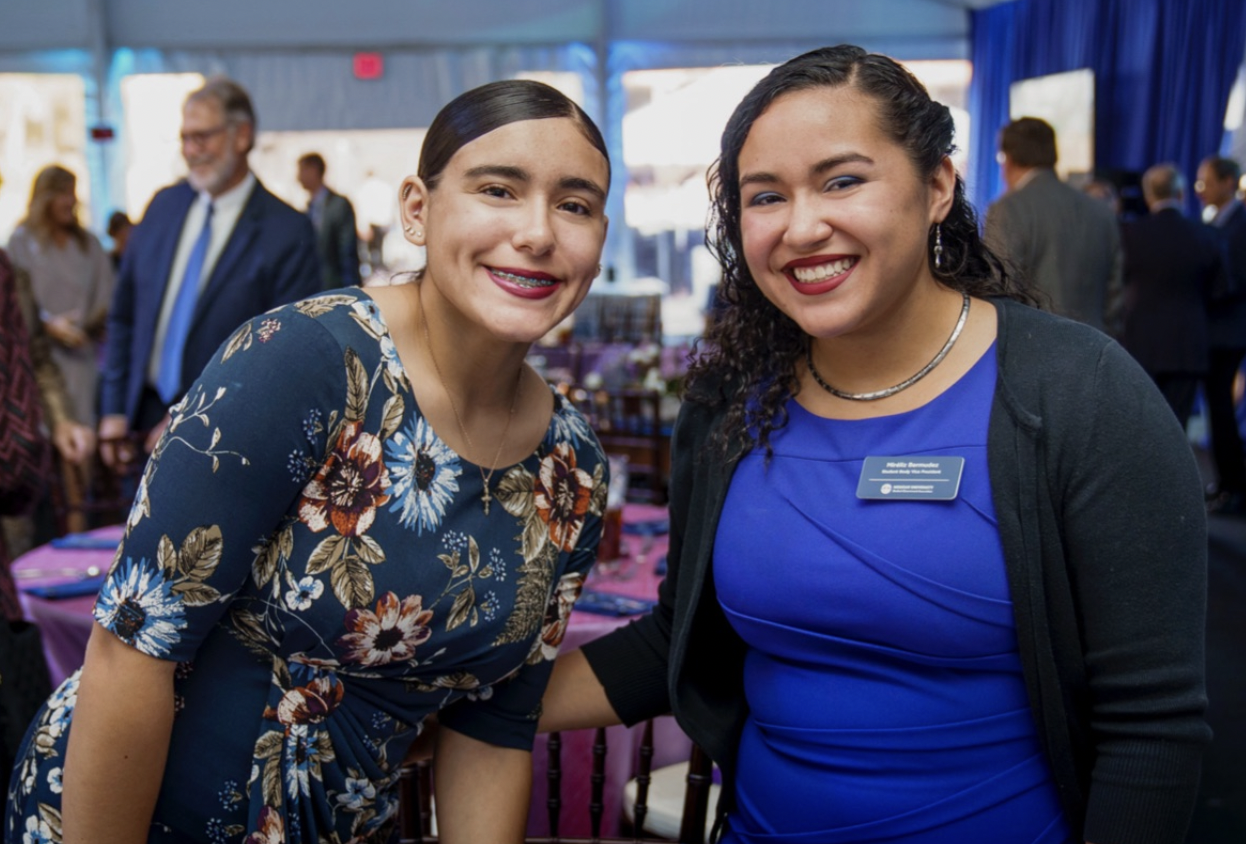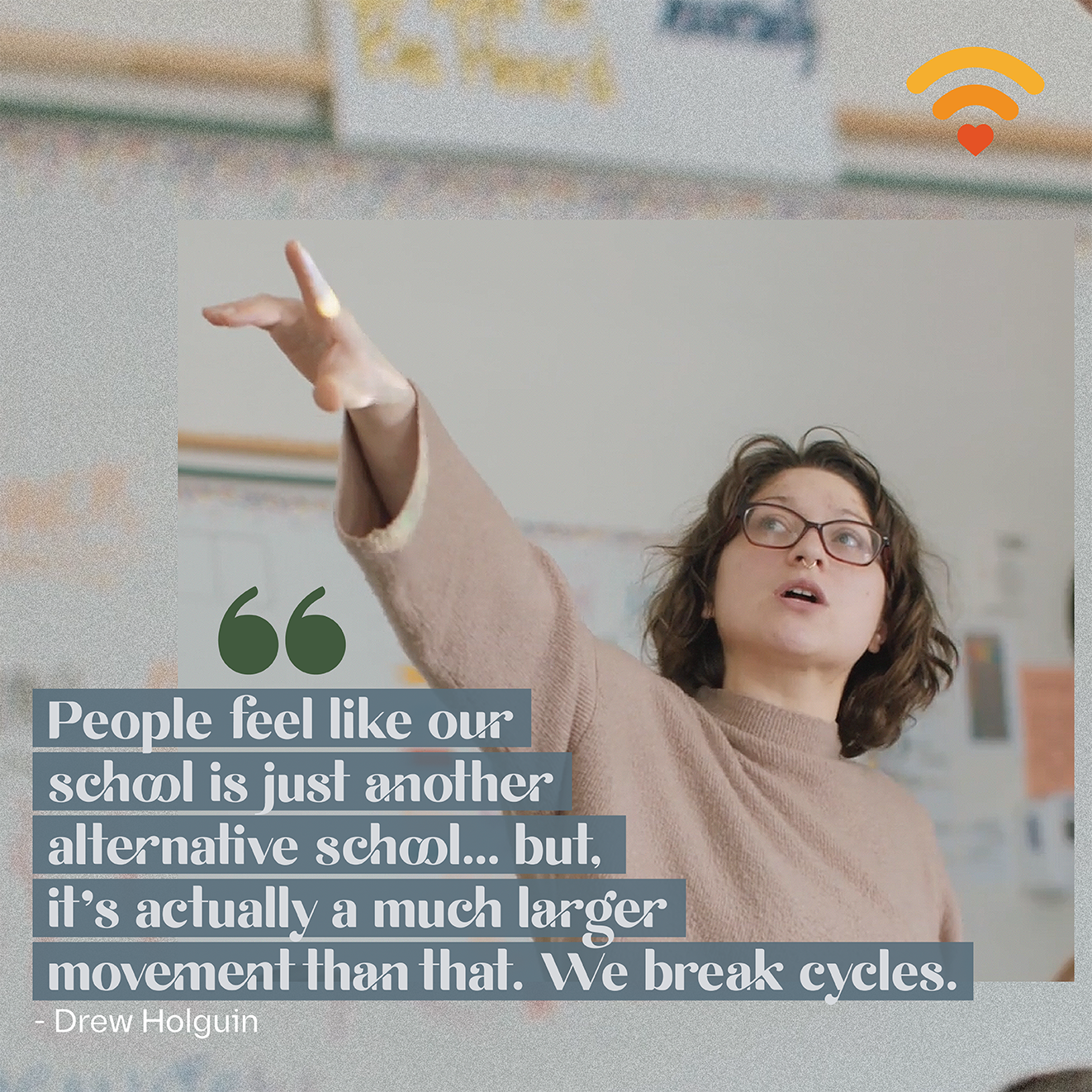In my family, I was expected to be the smart one. We each had our roles, and from the day I came home from kindergarten with my first gold star, mine was to be the smart one. The only comment generated by a report card bearing all A’s and one B+ would be, “What happened here? How come only a B in chemistry?” The A’s were assumed.
By extension, when one is raised to be smart, one learns to value being right. Being right was very important. Whether it was knowing who played Professor Potter in the 1938 film, “Holiday” (Edward Everett Horton), or recalling the date of the Watergate break-in (June 17, 1972), being right was the perceived equivalent to being smart.
Being smart served me tolerably well, and being right was often satisfying, but if I had a do-over, I’d opt for kind. There’s nothing more important.
Fortunately, it’s a lesson I learned while there’s still time to apply it.
Those who may not have experienced — or recognized — the power of kindness may scoff that such a “soft” quality has any value. Many people equate “kind” with “weak.” They consider kind individuals to be ones of whom they can take advantage, people who will not stand up to confrontation. They have not yet seen that kindness is an unmatched strength, a “super-power” that has the capacity to change the world if enough of us claim that power and exercise that strength.
Just as there is a vast difference between kind and weak, there’s a substantial distinction between kind and nice. They are two very different things. Kind is as different from nice as smart is from wise.
Being kind — truly kind — is hard. Nice requires little effort. I can be nice while also being indifferent, critical, and even sarcastic. But I can’t be kind and be any of those things. Being kind means caring. It means making an effort. It means thinking about how I can give someone what they need without worrying about getting anything in return. It means letting go of my judgments and accepting people as they are.
Nice doesn’t ask all that much of us. It’s benign; it’s safe. One can be nice without expending too much energy or investing too much of oneself. One can be nice without taking risks. Nice is holding the door, smiling at the cashier; nice may even be dropping a couple of dollars in a homeless person’s hand if we do so without looking him in the eye and saying a genuinely caring word. Kind is asking how we can help, offering our hand, jumping in without being asked, and engaging in conversation that goes beyond the superficial. All of these actions carry an element of risk: I might be rejected, I might not get it right, it might be awkward. Kindness can be messy.
A kind word has the power to make someone’s day, relieve someone’s pain, perhaps even save a life. Perhaps that last claim sounds a bit grandiose, but, truly, we can never know how far our kindnesses reverberate. We’ve all heard the stories of someone suffering the depths of despair whose potential act of self-destruction was suspended by a seemingly small act — a kind note, a word or gesture from someone. The small kindness extended to one person might cause them to extend a kindness they might not otherwise have acted upon. And then that person might extend a kindness, and so it goes … well beyond our imagining. What if we approached every encounter with a sense of the sacredness of our words and actions, and of the potential each of us carries to change the world?
Even if as individuals we can’t solve complex problems such as poverty, loneliness, or isolation, we have the capacity to alleviate the suffering or lighten the load for one person. And the action we take might inspire someone else to take a similar action and help one more person. The ripples are truly endless. There is no such thing as a small kindness. It just keeps reverberating outward and serving life in ways we may never know.
If kindness were easy, though, we’d see a lot more of it. Kindness asks more of us than we may be ready to give. How we choose to respond to harsh words, embarrassment, or a perceived slight speaks volumes about who we are. Our immediate response is often to respond in a similar manner, to retaliate or belittle. Remembering that our perceptions aren’t always accurate offers us an opportunity to control our reactions.
There’s a reason why our mothers used to tell us to stop and count to ten when we got angry. There are things that need to be said and things that don’t. If we pause to think before we speak, we generally know the difference. There is enormous power in something as simple as a pause. It allows us to delay long enough to decide if the action we’re contemplating will really get the result we want. Sometimes, when we hit pause, we recognize that we should make that pause permanent and simply do nothing, say nothing. The pause is often where kindness resides; it gives us the gift of grace.
Still, there are those who will say that absorbing harsh words without parrying them back is weak. They might call it surrender. Here’s where words offer us a choice: surrender doesn’t necessarily mean giving up or letting go. It can just as powerfully mean opening up or letting something in. Viewed that way, it becomes easier to choose the kind response. I’m not capitulating; I’m not weak. I am allowing my better self to emerge and exercising strength and courage. In choosing kindness, I am choosing peace.
So many of us were raised to be smart — and rewarded for being smart — that we have often tended to value smart over kind, and being right over … well, just about anything. It’s not that we can’t be both kind and smart or kind and right, but on those occasions when we have to choose between them, choosing kind is also our path to peace.
 Donna Cameron is the author of A Year of Living Kindly, published in September 2018 by She Writes Press. She lives in Brier, Washington. Follow her on Twitter at @DonnaJCameron or Facebook at DonnaCameron.author.
Donna Cameron is the author of A Year of Living Kindly, published in September 2018 by She Writes Press. She lives in Brier, Washington. Follow her on Twitter at @DonnaJCameron or Facebook at DonnaCameron.author.




